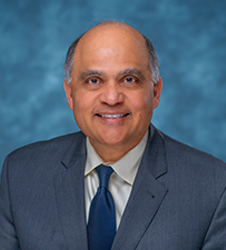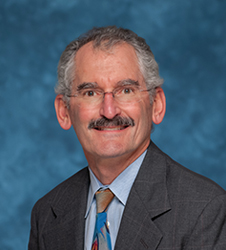Basic Facts
ASD is a hole in the wall (septum) between the 2 upper chambers of the heart (atria), due to the failure of tissue completely forming between the atria as a fetus.
It is the most common congenital heart lesion in adults and is often asymptomatic until adulthood.
Large or medium-sized ASDs will most likely need to be closed.
An ASD is different than a PFO, which is a normal hole in the heart of a fetus that does not close properly at birth. ASD’s are typically larger, in a slightly different location, and more likely to cause problems, especially larger ones.


